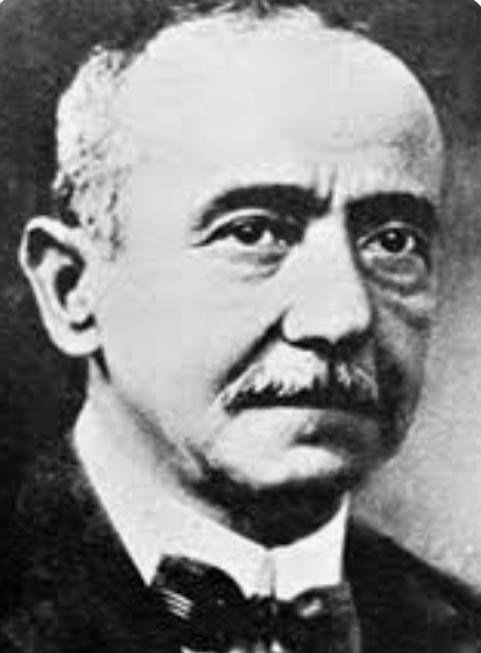Ahmed Shawqi
Prince of Poets

- Name: Ahmed Shawqi
- Area:
🌟 Ahmed Shawqi
Prince of Poets
─────────────────────────────
📅 Date of Birth: October 16, 1868
📍 Place: Cairo, Khedivial Egypt
☠️ Date of Death: October 14, 1932 (aged 64)
🕌 Religion: Sunni Muslim
🌍 Nationality: Egyptian
─────────────────────────────
🌿 Early Life and Biography
Ahmed Shawqi was born in the Hanafi district of Cairo to a Circassian father and a Turkish-Greek mother. He was raised in the palace of Khedive Ismail, where his grandmother, a lady-in-waiting, cared for him.
He memorized the Quran and learned reading and writing at an early age, showing great talent in memorizing classical Arabic poetry.
✈️ He studied law and translation in Egypt, then traveled to France sponsored by Khedive Tawfiq. There, he was influenced by French culture and poets like Racine and Molière and participated in the Egyptian Progress Society.
📜 He returned to Egypt and became a national poet advocating for the Islamic Caliphate. Due to his political views, he was exiled to Spain in 1915, where he deepened his knowledge of Arabic and Andalusian literature. He returned in 1920 and was crowned "Prince of Poets" in 1927. He is also credited with pioneering poetic theater.
─────────────────────────────
🎭 Notable Works
Diwan Al-Shawqiyat (a collection in 4 volumes)
Poetic plays such as:
The Death of Cleopatra
Majnun Layla
Cambyses
Ali Bek Al-Kebir
Lady Huda
Prose novels:
The Virgin of India
Ladias
The Ace of Spades
Various poems covering praise, elegy, love, patriotism, education, and politics
─────────────────────────────
✨ Poetic Style
Elegant style combining eloquence and deep emotion.
Mastered imitation of classical poets while innovating and modernizing poetry.
Bridged Arabic and Western cultures.
Composed over 23,500 verses—a record among Arab poets.
His poetry spans all genres: praise, elegy, love, wisdom, description, education, and poetic theater.
─────────────────────────────
🏆 Honors and Legacy
Crowned "Prince of Poets" in 1927.
Pioneer of Arabic poetic theater.
His impact is clear in the literary and political renaissance in Egypt and the Arab world.
